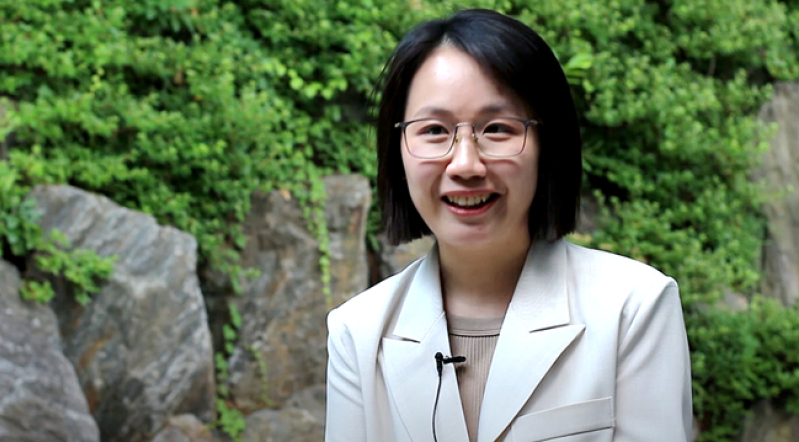
Suk Yi Pang, Executive Secretary of the Hong Kong Council of the Church of Christ in China, shared her insights at a World Council of Churches (WCC) meeting, emphasizing that nurturing the next generation of ecumenical leaders involves more than imparting knowledge. She stressed the importance of recognizing and accepting differences, proposing a renewed perspective on understanding and respecting these differences. Pang also revealed plans to launch the Theological Education 2025 initiative.
The WCC's Commission on Ecumenical Education and Formation held its meeting in June at Yonsei University in Seoul, South Korea. During the meeting, Suk Yi Pang shared her views on nurturing future ecumenical leaders with the Hong Kong Council of the Church of Christ in China. She highlighted that fostering unity is not just about passing on knowledge to the younger generation but also about recognizing them as central figures in both theological theory and practice. She pointed out that engaging with emerging scholars to discuss their backgrounds and collectively reflect on faith, theological traditions, and the current state of the global church is crucial for cultivating a sense of unity.
Pang, who recently joined the WCC's Commission on Ecumenical Education and Formation, expressed optimism about the commission's future. "It's incredibly fascinating, and I am very confident that this commission will contribute greatly not only to us but also to the entire educational ministry of the WCC," she said. She referred to the "sparks of difference" as a core value of the commission and looked forward to the Theological Education (GETI) 2025 initiative, set to launch at the WCC's Faith and Order Conference in Egypt. She believes this initiative will bring valuable contributions to the WCC's educational ministry.
Reflecting on the early history of the modern ecumenical movement, Pang expressed her admiration for the openness and diversity of that time. She noted that the diversity within the ecumenical movement is its source of vitality, and the variety of voices from early missionary fields and young churches added richness to the unity movement.
Suk Yi Pang emphasized that contemporary society's understanding of differences may differ from the past, necessitating a renewed recognition and acceptance of diversity. She believes a fresh perspective is needed to truly see and embrace differences, and she hopes the commission will provide new insights to help the ecumenical church better understand and respect diversity.






